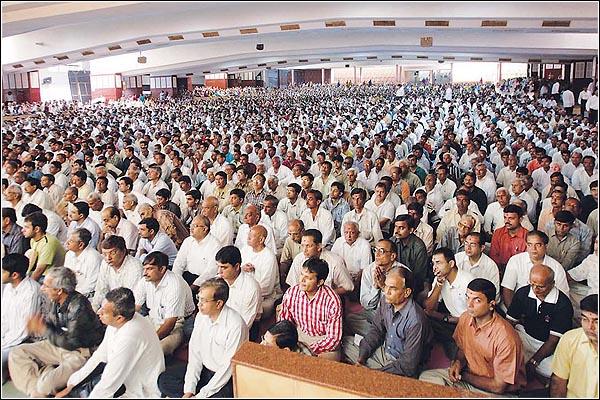Happiness Index is a mockery of reality?

The Western research index, including the Happiness Index, has been criticized for its narrow and biased approach towards measuring well-being. One of the main criticisms is that it fails to account for contextual factors that affect people's happiness. For instance, Ukraine, despite being in the midst of a war, has been ranked higher on the Happiness Index, which appears to contradict common sense.
On the other hand, India, which uses fewer antidepressants per capita, has been ranked very low on the Happiness Index. This is a clear example of the hypocrisy of the Western research index. The index overlooks critical social and cultural factors that shape the well-being of people in different parts of the world. India is a country with a rich cultural heritage that emphasizes the importance of spiritual and communal well-being, which may not be captured by Western metrics of happiness.
Furthermore, the Happiness Index may be skewed towards measuring a certain kind of happiness that is more compatible with Western notions of individualism and materialism. This may explain why countries that conform to these ideals are ranked higher on the index, while those that prioritize community, family, and spirituality may be ranked lower.
In conclusion, while the Western research index, including the Happiness Index, can be a useful tool for understanding well-being, it should be used with caution and supplemented with other measures that take into account the social and cultural context of different regions. The hypocrisy of the index highlights the need for a more nuanced and inclusive approach to measuring happiness and well-being.
- Political Leaders
- Art & Crafts
- Dance & Music
- Sanatan Dharma
- Education & Training
- Food & Drinks
- Gaming
- Health & Fitness
- Home & Gardening
- Literature & Culture
- Love
- Medicine & Ayurveda
- Motors & Vehicles
- Movies & Cinema
- Parenting
- Politics
- Science & Technology
- Shopping
- Social Media
- Spirituality
- Sports
- War & History
- Yoga & Meditation
- Travel & Tourism
- Natural Disaster
- Business & Startups
- DIY & Home Decor
- Finance
- Personal
- News
- Pet Lovers
- Wild Life & Nature
- Podcast & Audio Books
- Poetry
- Law & Order
- Moral Stories
- Jokes & Humour
- Altre informazioni

